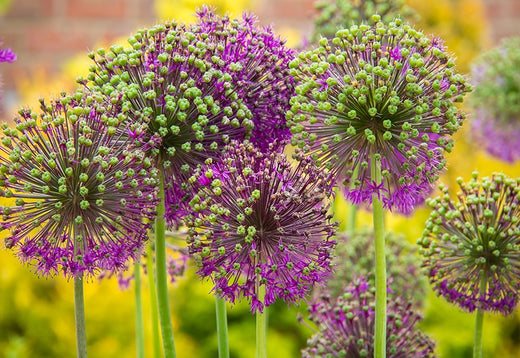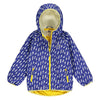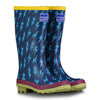
KS1 – Science – I Spy
Download Our Key Stage 1 – Science – I spy....Worksheet Here
Learning Objective
To identify and name a variety of common wild and garden plants, including deciduous and evergreen trees
Resources
- Clipboards
- Plain paper
- Pencil crayons
Introduction
Ensure children are familiar with common names of flowers, examples of deciduous and evergreen trees and plant structures (including leaves, flowers (blossom), petals, fruit, roots, bulb, seed, trunk, branches, stem). Play ‘I spy’ using the terms that children have just been taught eg. “I spy an evergreen tree beginning with p” and the children should guess ‘pine tree’ or “I spy a part of a plant beginning with p” and the children should guess ‘petal’
Activity
- Make an information booklet about the local area - Give children clipboards with 2 pieces of plain paper and colouring pencils - Children to label one piece of paper ‘trees’ and the other ‘flowers’ - Children to draw pictures of trees and flowers they see on the appropriate piece of paper Extension task: Children to label the parts of the trees and flowers using the correct terms
Extension task
Children to label the parts of the trees and flowers using the correct terms
Plenary
Ask children what differences they would expect to find if they revisited the area at a different time of the year, and ask them to consider why these changes take place.







